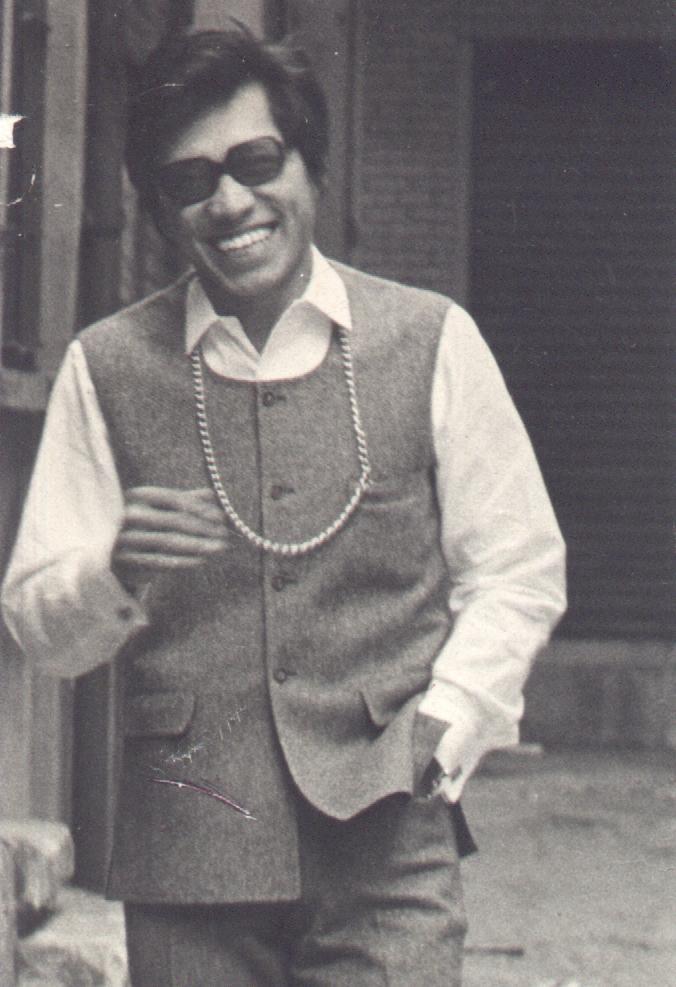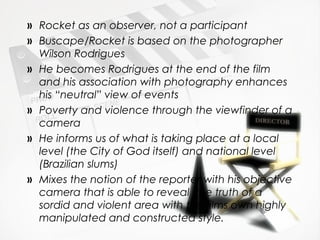Wilson Rodrigues is a Brazilian photographer known for his documentary work and his portrayal of marginalized communities in Brazil. One of his most famous series is "Cidade de Deus," or "City of God," which is a depiction of life in the favela of the same name in Rio de Janeiro.
The favela of City of God was first established in the 1960s and has since become one of the most well-known and infamous slums in Brazil. It has gained international recognition through the 2002 film of the same name, which depicted the harsh realities of life in the favela and the rampant violence and drug trafficking that plagues the community.
Wilson Rodrigues's work in City of God offers a different perspective on life in the favela. Rather than focusing on the violence and poverty that is often associated with the area, Rodrigues's photographs depict the everyday lives of the residents and the sense of community that exists within the favela. His photographs showcase the resilience and determination of the people who call City of God home, as well as their joys and struggles.
One of the striking aspects of Rodrigues's work is the way he captures the vibrant colors and energy of life in the favela. His photographs are filled with bright and bold hues, which serve to contrast the often bleak and poverty-stricken surroundings. Rodrigues's use of color helps to highlight the beauty and vibrancy of life in the favela, despite the challenges and hardships that its residents face.
In addition to his photographs of City of God, Rodrigues has also documented other marginalized communities in Brazil, including indigenous tribes and poor rural areas. His work aims to shed light on the often overlooked and underserved communities in Brazil and to give a voice to those who are often overlooked by mainstream media.
Overall, Wilson Rodrigues is a talented and dedicated photographer whose work captures the heart and soul of the marginalized communities he documents. His photographs of City of God offer a nuanced and humanizing portrayal of life in the favela, and serve as a powerful reminder of the resilience and strength of the human spirit.






